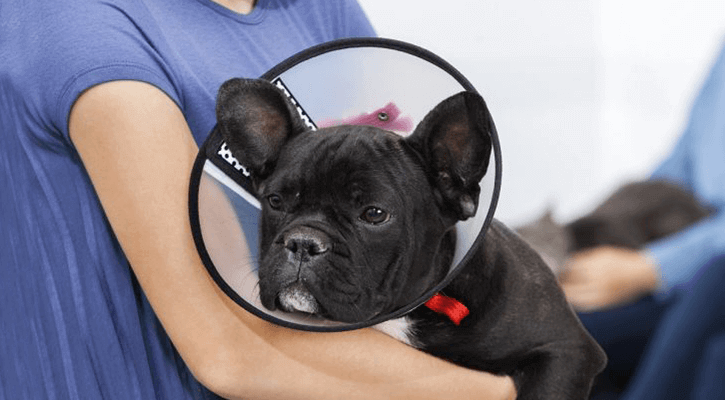
Dog Spay & Neuter
The Importance of Spaying & Neutering
Every year thousands of stray and unwanted animals are euthanized in shelters across the United States. Many of these deaths are the avoidable result of owners failing to spay and neuter their pets. Even if you keep a close watch on your pet, accidents happen, and unexpected offspring means more animals that won’t be given the chance at full, happy lives.
Getting your cat or dog spayed or neutered can help end this cycle, and both procedures can have health benefits for pets.
Spaying
Spaying is a common surgical procedure performed on female cats and dogs. The process is called an ovariohysterectomy and involves removing the patient’s uterus, ovaries, and fallopian tubes, rendering the animal incapable of reproduction. VIDA Veterinary Care – Denver & VIDA Veterinary Care – Centennial veterinarians recommend spaying your pet at 3-6 months, depending on your dog’s breed and ideally before the patient’s first heat. Cat or dog spaying can have long term benefits besides preventing unwanted pregnancies.
Benefits of Spaying Your Dog
- Prevents unwanted pregnancies
- Eliminates the risk of ovarian and uterine tumors
- Remove the possibility of uterine infections
Recovery After Spaying Your Dog
Getting your cat or dog spayed is a major surgery requiring 7-10 days of recovery time. Recovery may also include pain medication and lethargy is common for the first couple of days following the procedure. A small, green tattoo is applied post-surgery that signifies that the animal is spayed should she ever get lost or taken to a shelter.
Neutering
Neutering is performed on male cats and dogs. This process castrates the animal, removing their testicles and making them unable to impregnate females. Neutering is advised when your pet is 4-6 months old but can be performed on older animals as well.
Benefits of Neutering Your Dog
- Placates the animal, reducing aggressive behavior and decreasing dominant tendencies
- Reduces roaming and spraying (territory marking)
- Eliminates the risk of testicular and prostate tumors
Recovery After Neutering Your Dog
Although less invasive than spaying, getting your dog or cat neutered is still a major medical procedure that requires some recovery time. Recovery may also include pain medication and lethargy is common for the first couple of days following the procedure. It’s extremely important that you monitor your pet to prevent the animal from licking or biting the incision to reduce the risk of infection.
Make An Appointment To Spay Or Neuter Your Dog Today
Call our Denver office at 303-757-5638 or our Centennial office at 303-843-7222, or fill out our online scheduling form, for questions about dog or puppy neutering and spaying or for an appointment to get your dog fixed.
Explore Our Complete List of Veterinary Services in Denver, CO & Centennial, CO
- Senior Cat Care
- Kitten Care
- Cat Vaccinations
- Cat Surgery
- Cat Spaying & Neutering
- Cat Nutrition
- Cat Microchipping
- Cat Laser Therapy
- Cat Laparoscopic Surgery
- Cat Lab Tests
- Cat Diagnostic Imaging
- Cat Dental
- Cat Cardiology
- Cat Cancer
- Anesthesia & Patient Monitoring
- Puppy Care
- Dog Lab Tests
- Heartworm Prevention
- Parasite Prevention
- Cancer Referrals
- Dentistry
- Wellness Care for Cats
- Wellness Care for Dogs
- Dog Laser Therapy
- Acupuncture
- Dog Vaccinations
- Exotic and Avian Care
- Dog Dental Care
- Dog Nutrition
- Dog Surgery
- Digital Radiology
- Dog Diagnostic Imaging
- Senior Dog Care
- Dog Microchipping
- Emergency Veterinary Care
